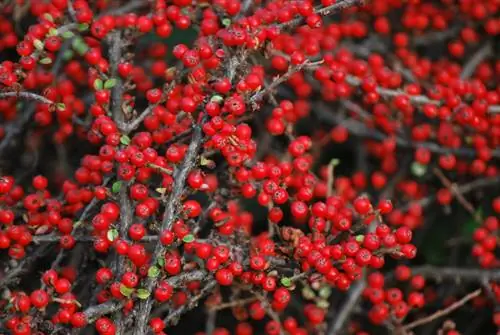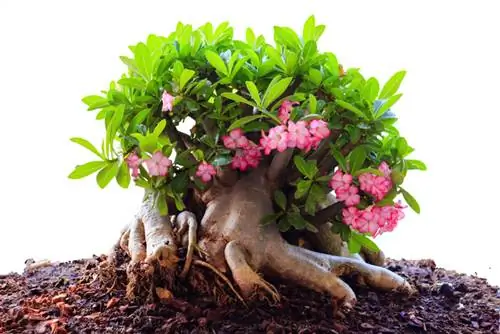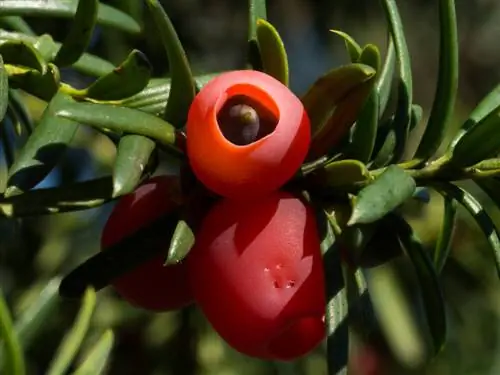- Author admin leonars@hobbygardeners.com.
- Public 2023-12-16 16:46.
- Last modified 2025-01-23 11:20.
Many people are unsure about the toxicity of the beautiful looking magnolia. However, be reassured as the tree is only slightly poisonous to both humans and animals.

Are magnolias poisonous to people and animals?
Magnolias are only mildly toxic to humans and larger animals, but can cause problems in small animals such as rabbits and cats. The bark and wood of the magnolia contain the alkaloid magnoflorine, which can cause mild symptoms of poisoning.
Magnolia contains alkaloid magnoflorine
In particular, the bark and wood of the magnolia contain the alkaloid magnoflorin, which, however, is harmless to humans and only causes mild symptoms of poisoning. Poisoning would cause eczema on the skin and mucous membranes and, in severe cases, cramps. To do this, however, you would have to nibble on the bark or snack on a little of the wood. The probability of this is probably low. However, the rule is that hybrids are more poisonous than the traditional magnolia varieties that have been cultivated in China and East Asia for centuries to millennia.
Edible petals and magnolias in medicine
In the Chinese imperial period, the empress had the privilege of tasting a particularly exclusive dish: crispy, fried petals of the magnolia species “Magnolia cylindrica” or “Magnolia hedyosperma” in a light dough. Both species only occur in China, but are now on the Red List of Endangered Species. In addition, flower buds and the bark of some species of magnolia are traditionally used as medicinal products. In traditional Chinese medicine, the bark of the Magnolia officinalis is the starting point for a sedative. The North American natives, on the other hand, used the bark of the evergreen magnolia (Magnolia grandiflora) against intermittent fever.
Magnolia is poisonous to small animals
Although the weak poison of the magnolia is harmless to humans, it can cause big problems for small animals - even if these are not necessarily fatal. Rabbits and cats are particularly at risk if they nibble on the bark too often. Leaves and flowers, on the other hand, appear to be harmless and contain only negligible amounts of the poisonous alkaloid.
Tips & Tricks
Sensitive people should wear gloves as a precaution when cutting and other care work so that the poison cannot reach the skin or mucous membranes.






